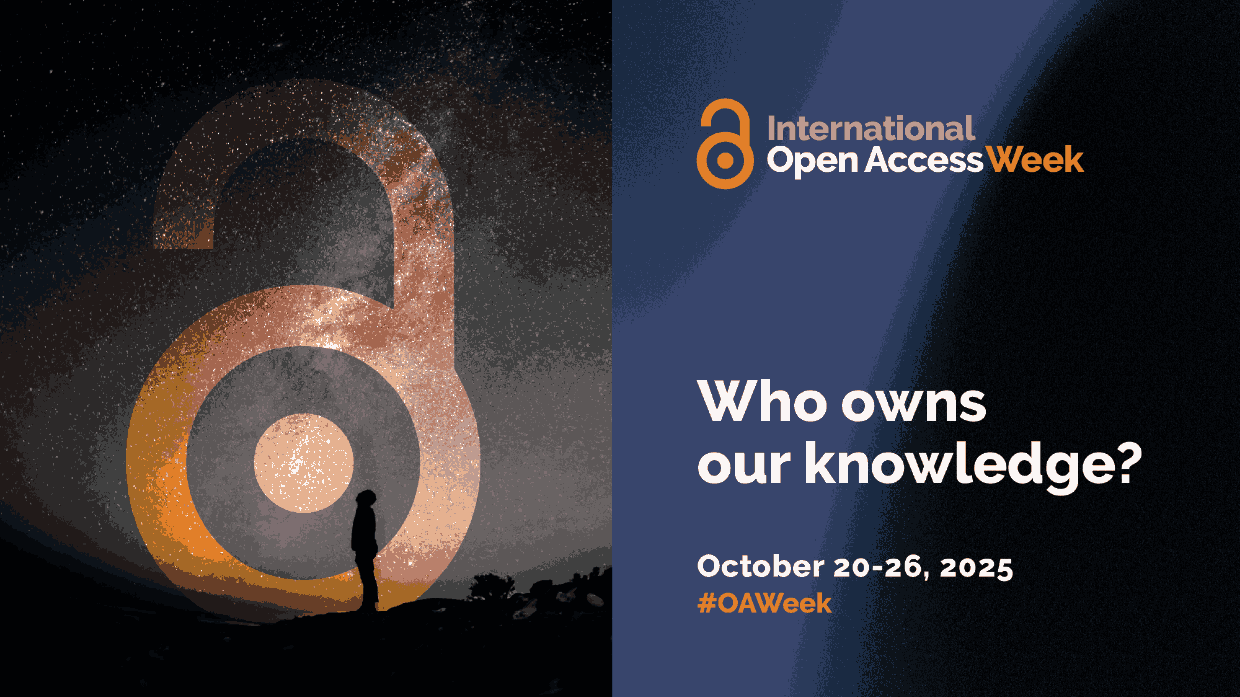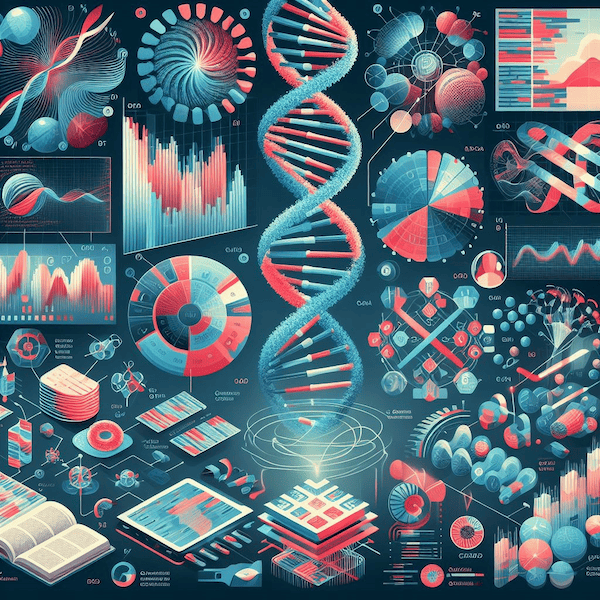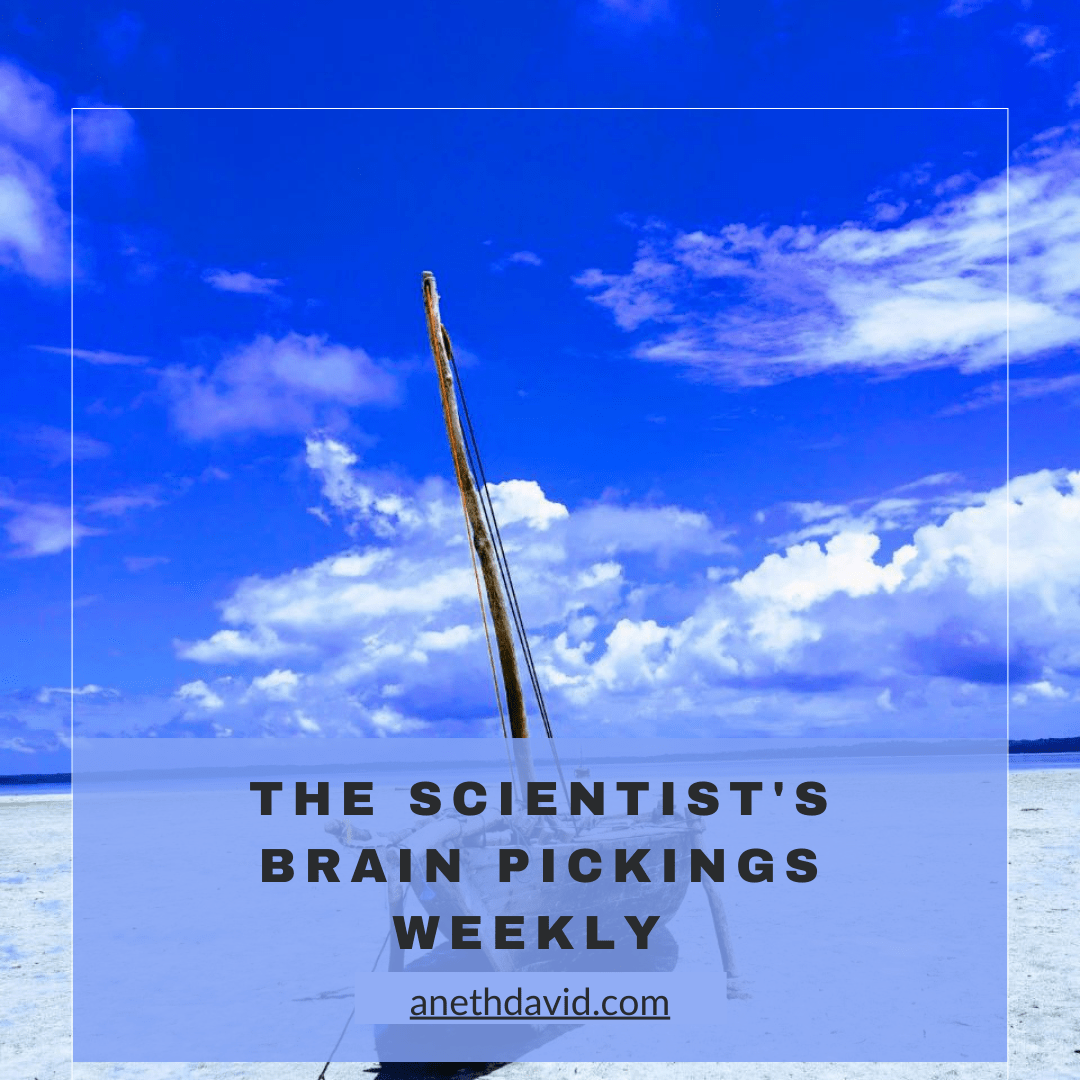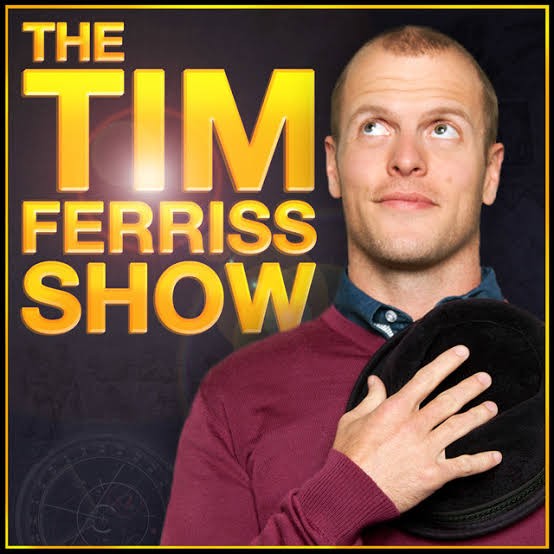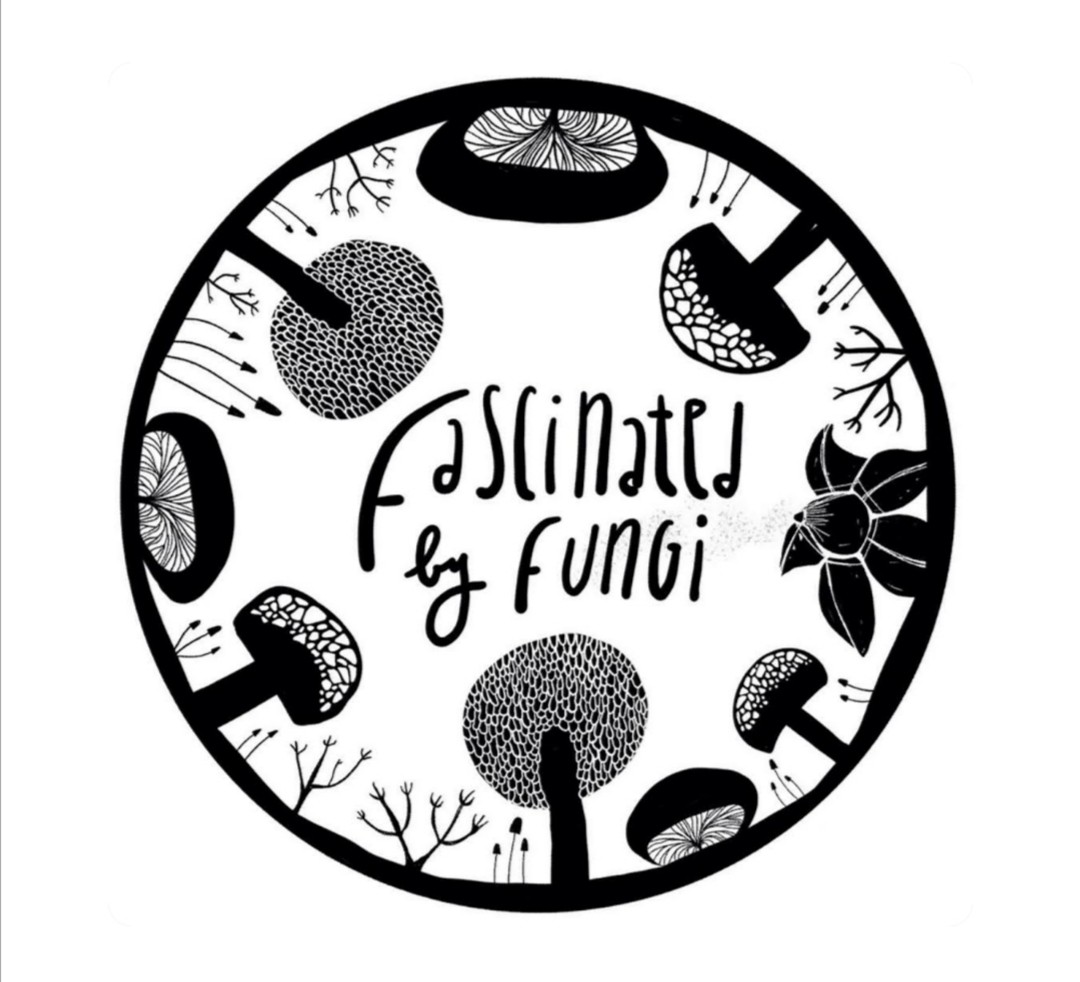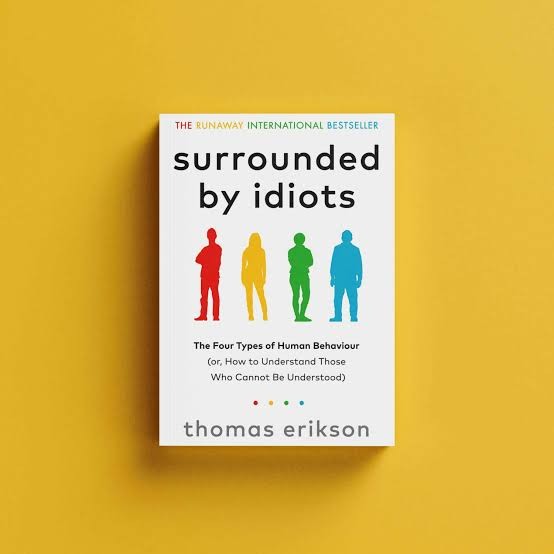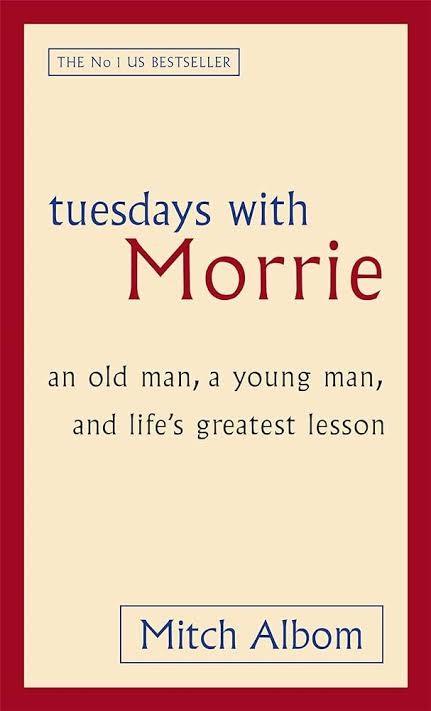Opening up your own work
The most powerful contribution any individual can make is to open their own work. Not just the final publication, but the whole research journey. Data, research protocols and codes and even presentations can all be made open by publishing them on appropriate platforms. These often also give a digital object identifier (DOI) and allow for multiple versions to be updated.
I always make sure to publish my works on open access journals. Nowadays, in addition, I publish most of my works as preprints first so that they are available sooner than the journal article which can take months. Some of my works remain as preprints and do not transition to journal articles. When I uploaded my first preprint years ago, I did it quietly to test the process.
Platforms such as Zenodo, OSF and AfricaArXiv are helping African scientists make their work visible beyond institutional boundaries. But openness also intersects with technology in new ways. Artificial intelligence tools like Semantic Scholar, OpenAlex and ChatGPT rely on open data to train, summarize and interpret research. When our work is closed, it is invisible, not just to humans, but to the algorithms shaping the next generation of scientific discovery.
Learning the language of openness
Open access has evolved far beyond free PDFs. It now includes open data, open code, open peer review, and increasingly, open AI models.
This week is a good time to revisit the basics: the difference between gold, green, and diamond open access; the meaning of Creative Commons licenses like CC-BY and CC0; and the importance of knowing your rights as an author.
Organizations such as SPARC, EIFL, and the Open Research Community of Tanzania (ORCT) regularly share resources and host sessions that demystify these frameworks. The more we understand the systems behind publishing, the more empowered we become to challenge them.
And as AI tools increasingly remix, analyze and even generate knowledge from open data, the question of ownership becomes not just ethical but existential. If knowledge is closed, AI learns inequality. If it is open, AI learns inclusion.
Talking about openness in real terms
Open access often becomes real in personal moments. When a student tells you they could not read a critical paper because it was behind a paywall. When you discover a local journal freely available online that captures work ignored by international publishers. When an AI system summarizes your paper and you realize it is because you made it open in the first place.
Talk about these experiences whenever you get a chance: in department meetings, WhatsApp groups, classrooms or social media. Each story helps dismantle the idea that openness is only for a few idealists or for the global North. This is our issue too, because the ownership of African knowledge is at stake.
I use my WhatsApp status to talk about open research and open access, and my blog as well. Recently, I decided to share something about open research each Tuesday on TikTok, in Kiswahili language to as to reach more people. Many people reach out and ask questions or share insights. This opens up a space for interaction and learning. You can do the same too.
Building community around open research
Lasting change happens through communities. This week, consider hosting or joining discussions about open access, whether online or in-person. Ask simple questions: Who owns our publications? Who benefits from the fees we pay to publish and read papers? Where are our theses stored? How can we make them more visible?
You can join existing events or host an event at Open Access Week website.
At the University of Dar es Salaam and across Tanzania, I have seen several initiatives and steps towards a more open research culture. Many universities and research institutions hosts repositories where papers and theses or dissertations are uploaded and made openly accessible. However, progress is slow and fragmented. This is why I launched the Open Research Community of Tanzania (ORCT), to build capacity in open research and make openness systemic and not something people do out of passion only.
Supporting and citing open work
Visibility follows citation. When we intentionally cite open access work, we strengthen it. Choosing to publish, read, engage and cite works published openly does not just help readers, it also reinforces a publishing ecosystem built on transparency and shared value.
Even AI systems benefit. When we prioritize open, well-documented sources, we train the digital tools of tomorrow to recognize integrity and inclusiveness. That is one quiet but profound way to influence how knowledge circulates. This is especially critical in the age where AI models are still skewed towards content from the global north. As Africans and other marginalized communities in the research world, we have a duty to make sure our works are openly accessible so that our voices, output and perspectives are part of AT tools, which are increasingly becoming part of every day life.
Highlighting African openness
Open Access Week is also a reminder to celebrate African scholarship. Many Tanzanian and regional journals listed on AJOL publish high-quality, open content that deserves more attention. Sharing and citing these works helps ensure our voices are represented in global databases and AI training sets, where our perspectives are often missing.
If Africa's research remains locked away, it means that the future of knowledge, increasingly shaped by AI, is built without us. Openness ensures we are not spectators but contributors to the collective intelligence of the world.
Join the global movement
You can be part of the change. Join networks like ORCT, The Digital Open Research Hub of East Africa, PREreview or local Wikipedia and Wikimedia communities. There are many ways to engage, for example, you can volunteer, translate materials into local languages such as Kiswahili or mentor students on how to publish openly.
Actually, the Digital Open Research Hub of East Africa is running a comprehensive course on open research covering diverse aspects including open access and citizen science. Check out their website to join, it is open to all East African researchers, especially early career researchers (ECRs).
In addition, we can experiment with AI tools in responsible ways by using them to summarize open papers, translate abstracts or visualize data while making sure to always check and credit original sources. Open access is not just about availability, it is about stewardship and accountability.
Closing thoughts
The theme "Who Owns Our Knowledge?" asks each of us to take responsibility, not only for how we produce knowledge, but for how we protect its integrity and accessibility. Ownership, in this sense, is not about control; but care.
When knowledge is open, it belongs to everyone who seeks to learn, not just those who can afford to pay. And as AI continues to redefine how knowledge is created and consumed, ensuring that African research remains visible, ethical, and open is no longer optional, it is essential.
Open Access Week is a time to act, reflect and reimagine what collective ownership of knowledge really means.
How are you marking the open access week? Tell me in the comments section below
Author:
Dr. Aneth David, academic and research scientist (biotechnology) at the University of Dar es Salaam and advocate for open research.
 Aneth David
Aneth David


